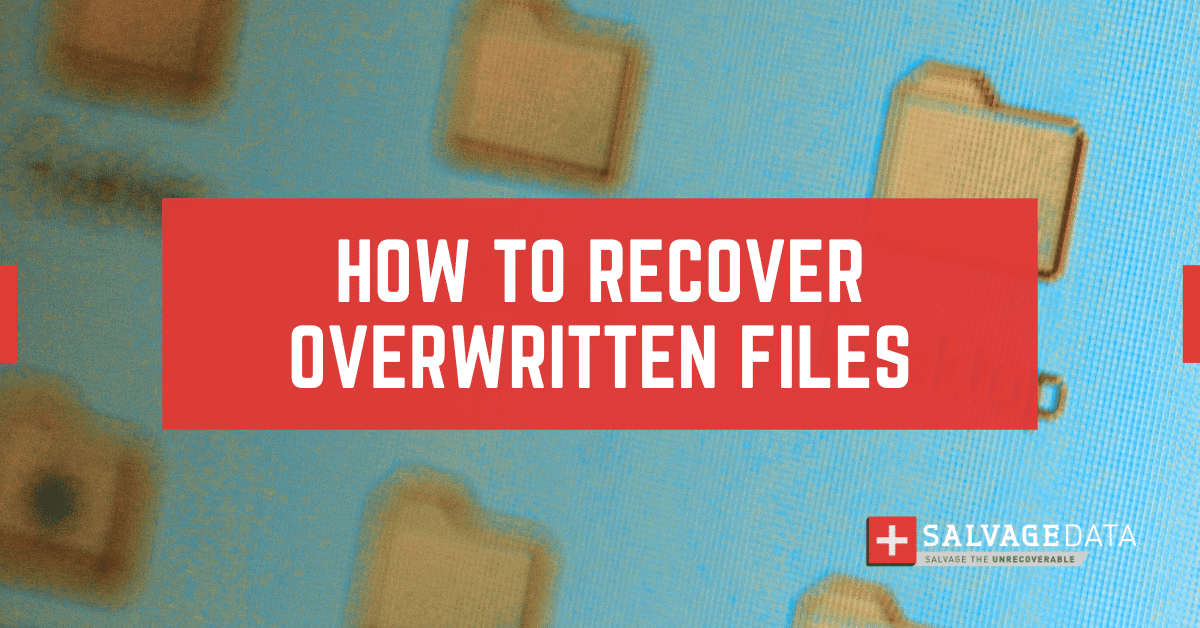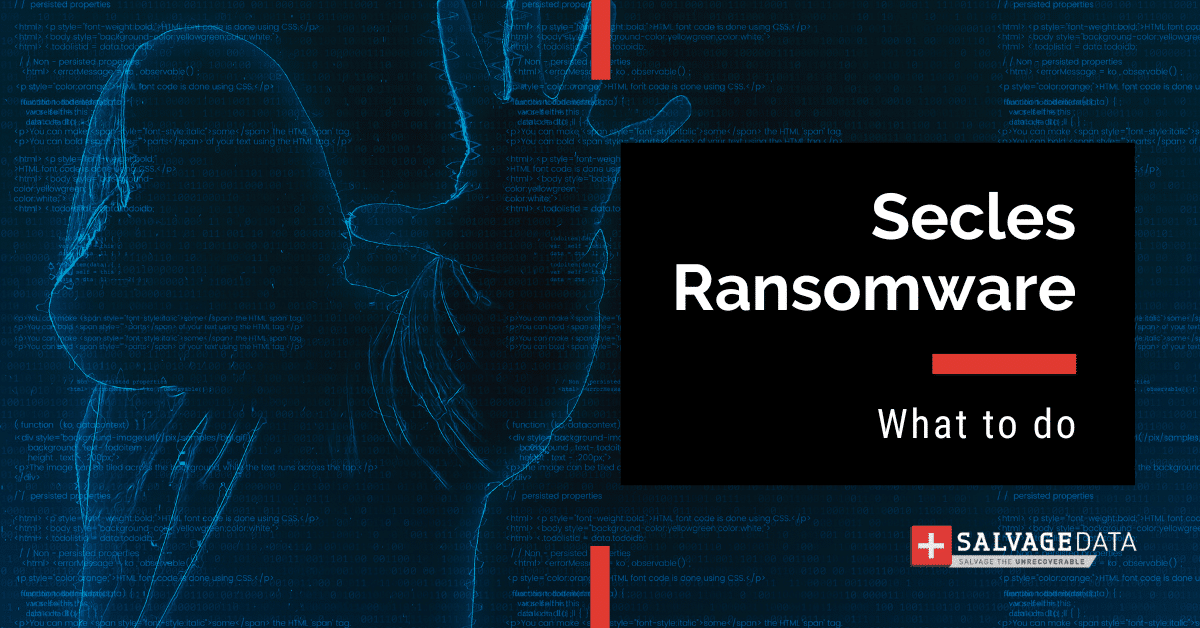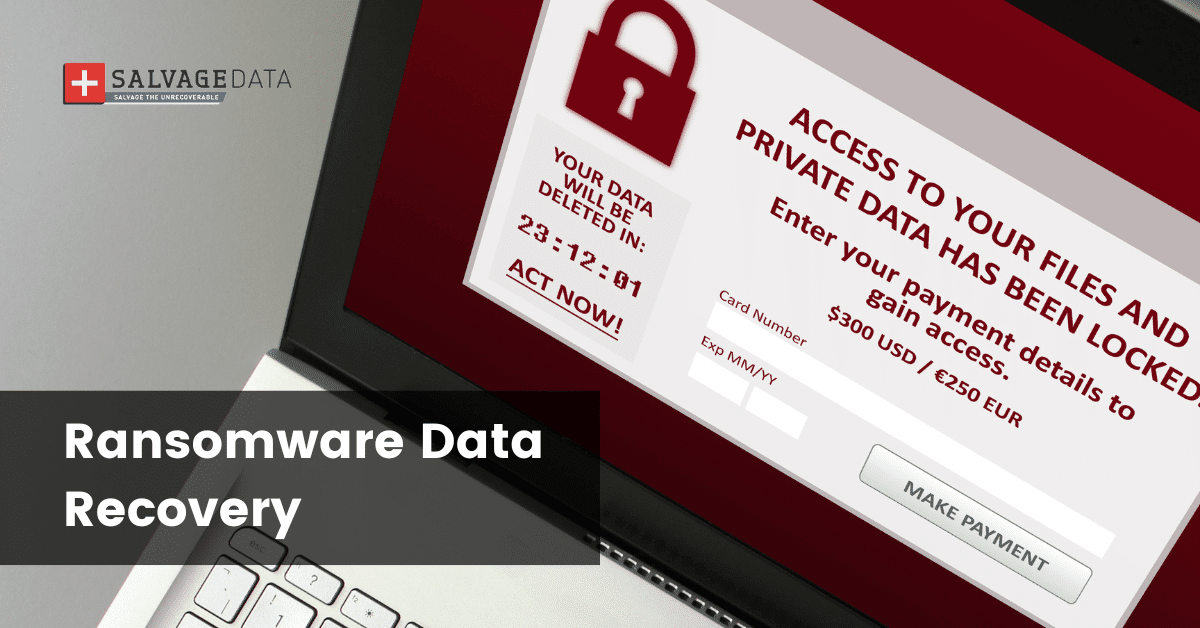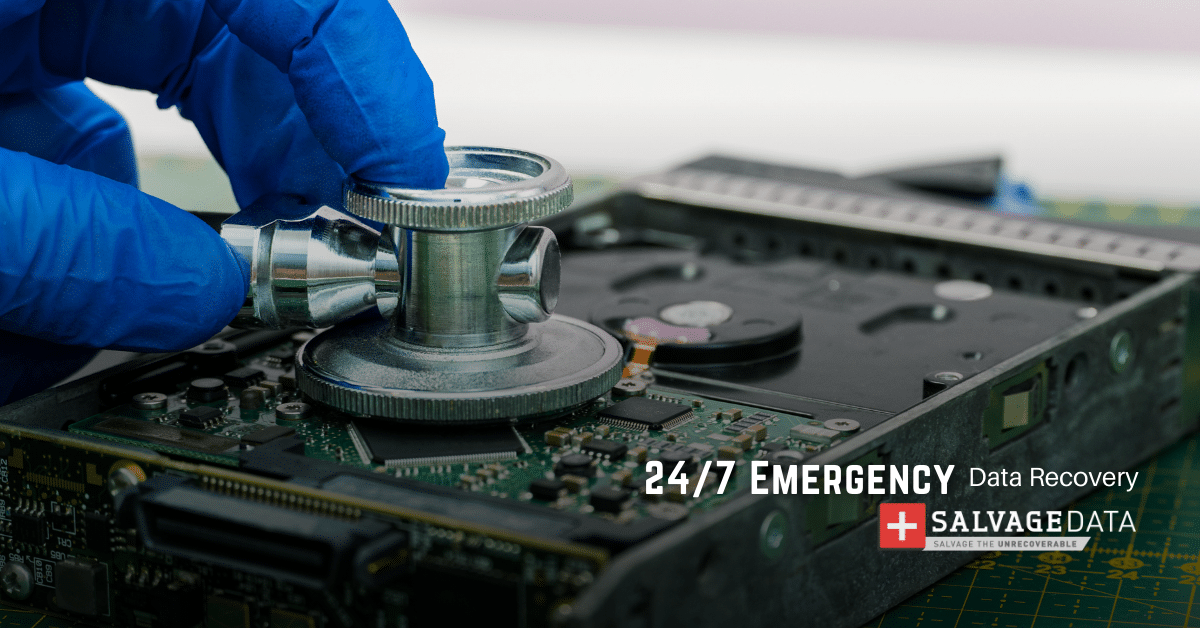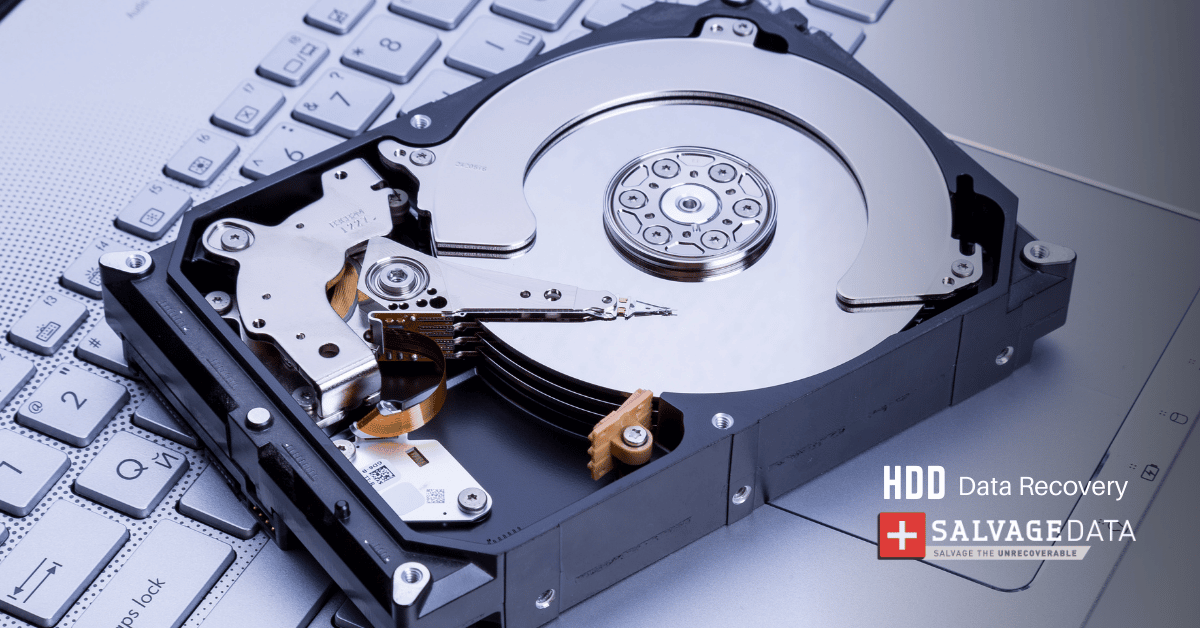Recent Articles
How To Recover Overwritten Files
The Snowflake Data Breach: A Comprehensive Overview
Mac Not Recognizing External Hard Drive: Quick Fix Solutions
How Multi-Cloud Backup Solutions Can Prevent Data Disasters
Capibara Ransomware: What is it & How to Remove
What Should a Company Do After a Data Breach: The Ticketmaster Incident
Secles Ransomware: Removal Guide
What To Do When Your Chromebook Freezes
How to Create Hyper-V Backup
What Is The Best Data Recovery Software For PC

I think there's an issue with my storage device, but I'm not sure Start a free evaluation →
I need help getting my data back right now Call now (800) 972-3282
What is MirCop Ransomware?
MirCop is a virus that encrypts your files and demands a ransom for their decryption. This type of malware is particularly dangerous because it can result in the loss of important data or personal information. MirCop ransomware is believed to be distributed through email attachments or malicious websites. Once installed on your computer, MirCop ransomware will scan your hard drive for certain types of files, including documents, images, and music files. Once these files have been located, it will encrypt them using an incredibly strong encryption algorithm. The encrypted files will then have a “.mir” extension added to their filenames. For example, “sample.jpg” would become “sample.jpg.mir.”
Once your files have been encrypted, it will display a message on your screen that demands a ransom be paid to decrypt your files. MirCop will give you a deadline by which the ransom must be paid, and if it is not paid within that time frame, the price will increase. This ransomware will also threaten to delete your files if you do not pay the ransom.
How much is the MirCop Ransomware ransom?
MirCop ransomware payments are typically made in Bitcoin, as this is a difficult-to-trace cryptocurrency. The MirCop ransomware ransom amount will vary depending on how much data has been encrypted. It typically ranges from $200 to $1,000. But, there have been reports of the MirCop ransomware ransom being as high as $10,000.
However, MirCop ransomware victims should never pay the ransom, as this does not guarantee that their files will be decrypted. In fact, there have been cases where paying the MirCop ransomware ransom did not result in the victim getting their files back. Also, by paying the MirCop ransomware ransom, you would be supporting the criminals behind this malware and encouraging them to continue their illegal activities.
History
This ransomware was first discovered in August of 2016. At that time, MirCop was distributed via a phishing email that pretended to be from the U.S. Court system. The email claimed that the recipient had to open an attached document or face legal consequences. Once opened, the document would download and install MirCop ransomware on the victim’s computer.
Since its initial discovery, MirCop ransomware has undergone several changes. For example, MirCop ransomware now uses the “.mir” extension to mark encrypted files, instead of the “.locked” extension that it used previously. In addition, MirCop ransomware now uses a stronger encryption algorithm, making it even more difficult to decrypt files without paying the ransom.
What encryption algorithm does MirCop ransomware use?
MirCop ransomware uses the AES-256 encryption algorithm to encrypt files.
Protection
There are several things that you can do to protect yourself from MirCop ransomware and other types of malware. First, you should always be cautious when opening email attachments, even if they appear to be from a trusted source. If you are unsure about an attachment, you can scan it with a virus scanner before opening it.
You should also install and maintain reliable anti-virus and anti-malware software on your computer. These programs can detect and remove MirCop ransomware and other types of malware before they have a chance to encrypt your files. Finally, you should regularly back up your important data to an external hard drive or cloud storage service. This way, if your files are ever encrypted by this ransomware or any other type of malware, you will be able to restore them from your backup.
What to do if you are infected with MirCop Ransomware?
If you believe that your computer has been infected with MirCop Ransomware, it is important to take action immediately. First, you should run a malware scan to remove the MirCop Ransomware from your system. Once MirCop Ransomware has been removed, you can then focus on restoring MirCop Ransomware Files.
Public decryption tool
The No More Ransom Project has developed a free MirCop ransomware decryption tool that can decrypt files encrypted by MirCop ransomware. This tool is available for free at the following link:
https://www.nomoreransom.org/en/decryption-tools.html
Victims of MirCop ransomware can try using data recovery software to restore their encrypted files. Data recovery software can sometimes recover files that have been encrypted by MirCop ransomware. There are many different data recovery programs available, so it is important to do some research to find the best one for your needs.
We recommend using SalvageData data recovery software.
Additionally, MirCop ransomware victims can try using a backup to restore their files. If you have been regularly backing up your data, you may be able to restore your MirCop ransomware-encrypted files from a backup. This is the best way to ensure that you do not lose any important data.
Contact a data recovery service
If you are unable to restore your MirCop ransomware-encrypted files using data recovery software or a backup, or the decryption tool does not work, you may need to contact a professional data recovery service. Data recovery services specialize in recovering data from MirCop ransomware-encrypted devices and can often get your files back even if data recovery software is unsuccessful.
However, data recovery services can be expensive, so it is important to do some research to find the best one for your needs. Additionally, you should only use a reputable and well-reviewed data recovery service, as there have been cases of scammers posing as data recovery services in order to extort money from MirCop ransomware victims.
Salvagedata is a professional data recovery service with a proven track record of success in MirCop ransomware cases. We have a 97% success rate in MirCop ransomware data recovery and our team of skilled engineers is available 24/7 to help you get your data back.
Call +1 (800) 972-3282 to speak to a data recovery specialist today. Or you can contact us online to schedule a free consultation.

